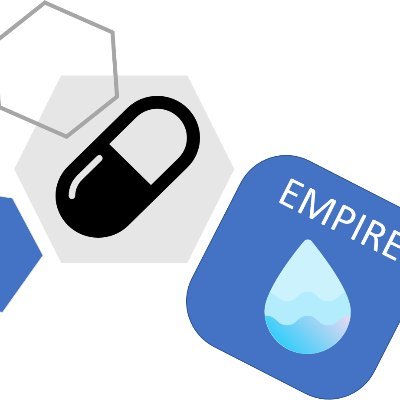Funded under the EPA Research Programme 2014-2020, the EMPIRE Project aims to revolutionise environmental risk assessment by utilizing effect-based analysis methods, such as bioassays and passive sampling for pharmaceutical pollution within aquatic environments.
Dr Imogen Hands, who completed her doctoral studies at the DCU Water Institute, laid the foundations for analysis by identifying the pharmaceuticals with the highest occurrence within Irish waters using LC-MS/MS analysis, while current PhD student Dylan O’Flynn successfully developed methods for pharmaceutical uptake within Irish water using the Chemcatcher passive sampler.


EMPIRE team members, L-R Dr Imogen Hands and PhD student Dylan O’Flynn presenting their findings on pharmaceutical occurrence within the Irish environment at SETAC Copenhagen 2022.
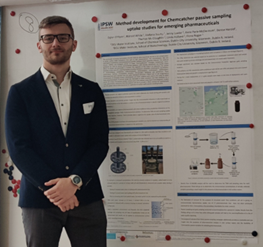
Current PhD student Dylan O’Flynn presenting his study on the development of methods for pharmaceutical uptake within Irish water using the Chemcatcher passive at IPSW Utrecht 2022.
The generated chemical data is crucial for validating lab bioassays used to investigate the effects of 4th Watch List Compounds under the Water Framework Directive/JRC130252.
Water Institute intern Stefania Scurtu and PhD student Kristyna Mrstna are currently studying the effects of the commonly used, antidepressant venlafaxine hydrochloride on the model organism Daphnia magna Straus, 1820. Hands, 2022 found this compound to have the highest occurrence within Irish waters over the 4-year study. The study entails animals exposed to environmentally relevant pharmaceutical concentrations, and reporting its effects on animal tissue bioaccumulation, survival, reproduction, morphology, organ function and epigenetic alterations.
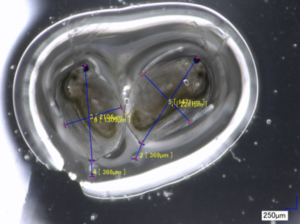
Image depicting Daphnia magna morphology studies generated by Stefania Scurtu and Kristyna Mrstna
Under the supervision of Dr Thomas McLoughlin and Prof Fiona Regan, past Water Institute intern Conor Campbell worked on mesocosm studies with the common species Gammerus pulex collected from Irish surface waters. We plan on further expanding on his work to thoroughly understand the levels and effects of pharmaceutical pollution on biota within Irish rivers.
Works by Dr Azeez Yusuf, a past post-doctorate researcher on the EMPIRE Project, and Assistant Prof Linda Holland, EMPIRE team member, are currently in publication further focusing on bioassays.

Publications generated by the EMPIRE Project include:
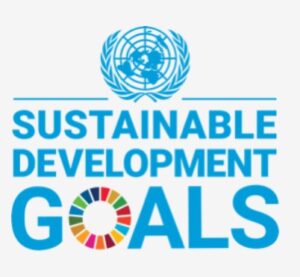
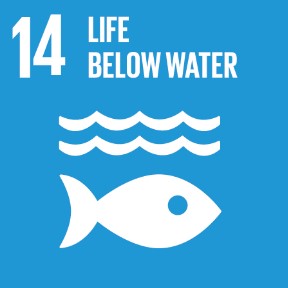

#Waterquality,# aquatic, #aquaticpollution, #biota, #biotaresearch, #daphniamagna, #effect-based methods, #IrishEPA, #EPAResearch, #Ireland, #SETAC, #IrishWater, #Research Project, #WaterResearch
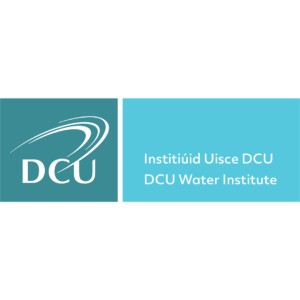
By: Stefania Scurtu

